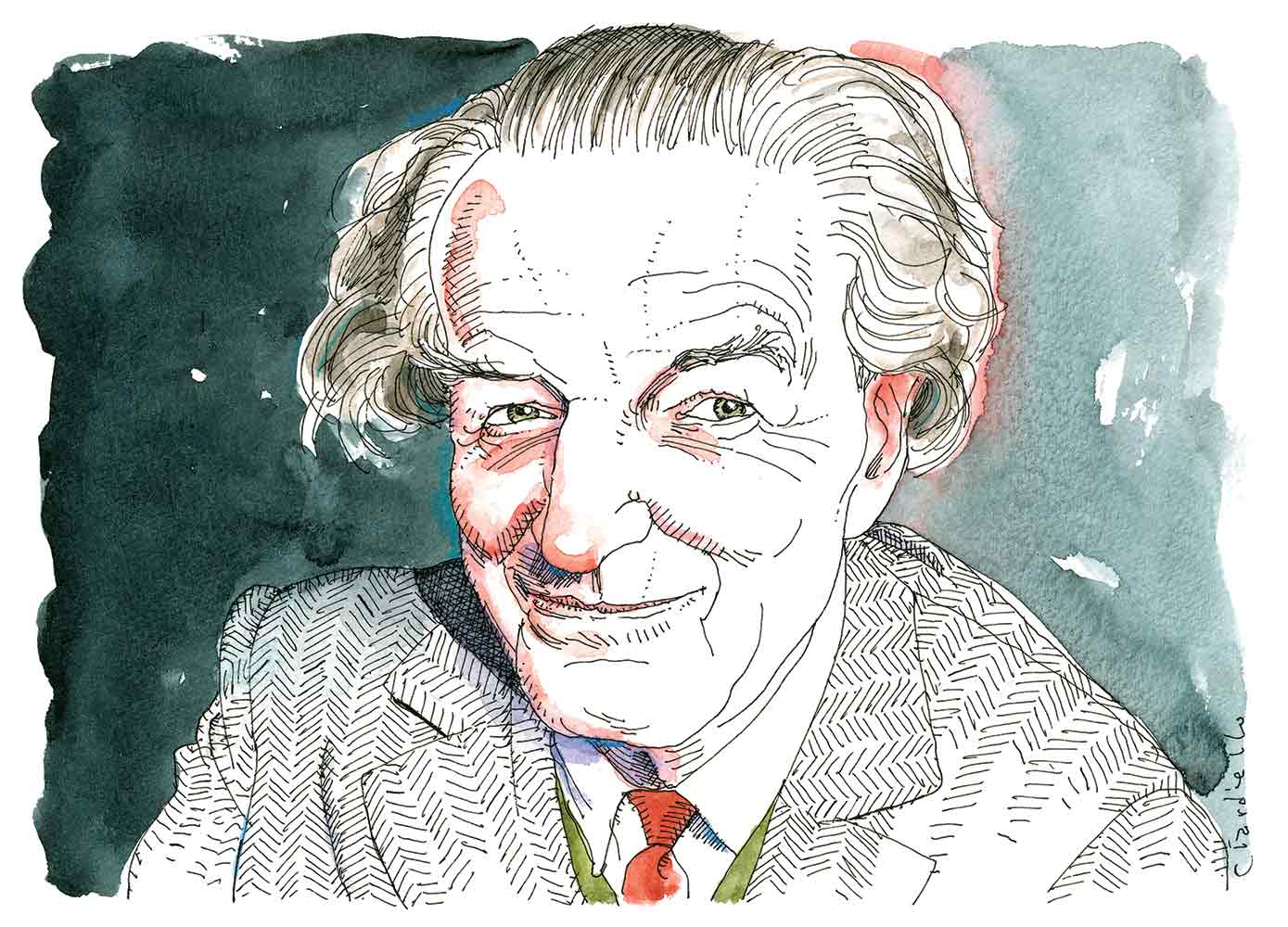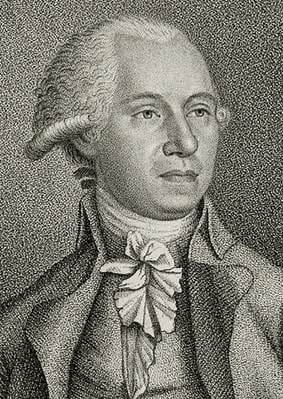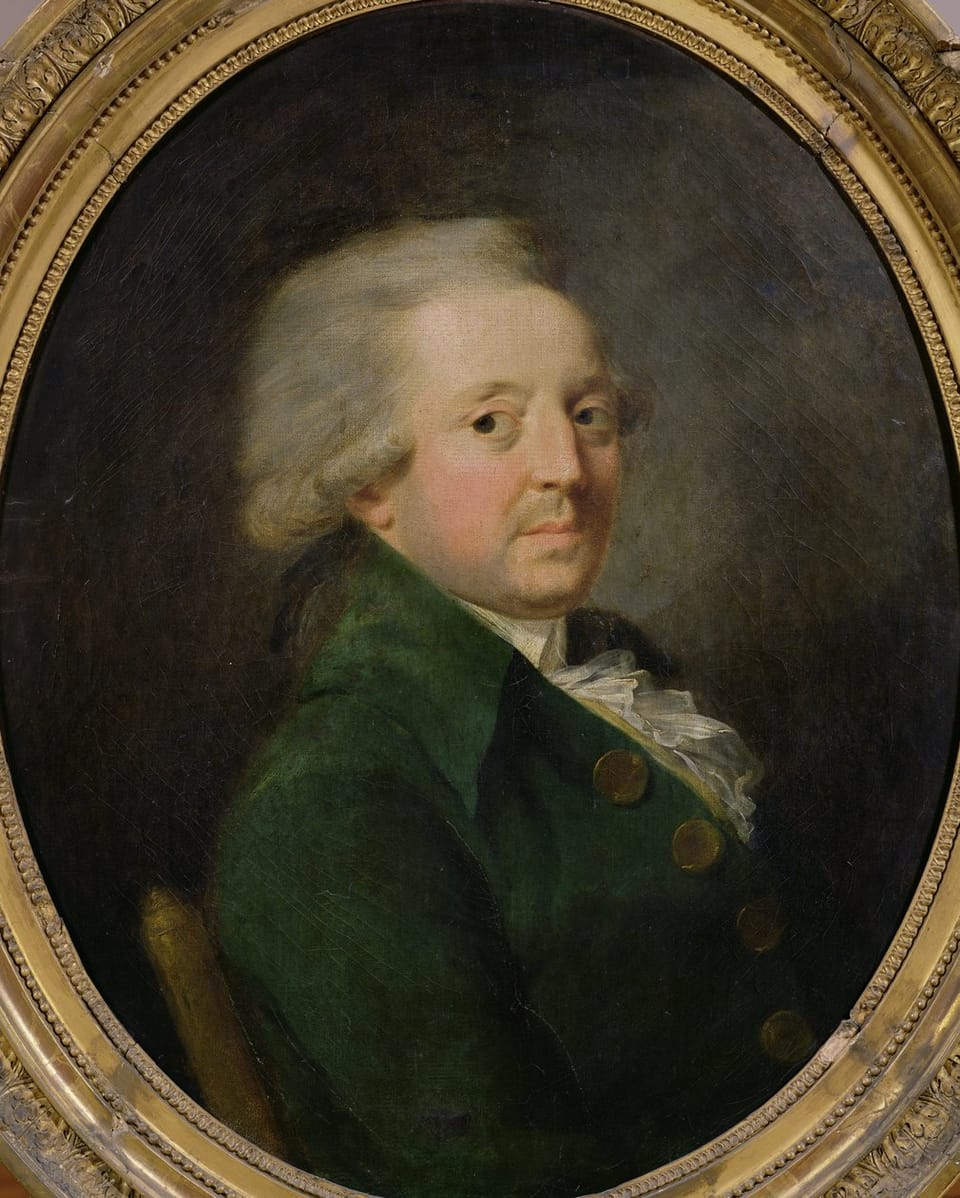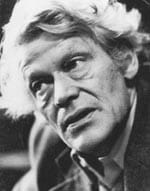A World Turned Upside Down
Texte de Peter Linebaugh et Marcus Rediker à propos du livre de Michael Braddicks sur Christopher Hill, The Life of a Radical Historian.

Christopher Hill was one of the most prolific and influential historians of the 20th century. He was also the product of two specific eras of political and social change: the Old Left’s communist and working-class movements of the 1930s and ’40s, and the New Left’s liberation and countercultural movements of the 1960s and ’70s.
At the end of the former, in 1940, Hill wrote The English Revolution 1640, which provided a class analysis of the bourgeois revolution against feudalism and charted a lifetime of scholarship ahead. In the middle of the latter, in 1972, Hill published another book on the same period, his most profound and lasting work, The World Turned Upside Down: Radical Ideas During the English Revolution. A social and intellectual history of religious radicals who pioneered the modern ideas and practices of democracy and equality, it was also a book that explored a commoners’ “revolution within the revolution” that, although it failed, nonetheless represented a deep origin story for the history of modern radicalism. Both books, inspired by the movements of their time, helped create the breakthrough that we have now come to call “history from below.”
Over a career that spanned more than 60 years, Hill wrote 16 more books, dozens of articles, and seven collections of essays. Along the way, he became the leading interpreter of the English Revolution and its broader 17th century. He also covered an extraordinary range of topics, in books from Economic Problems of the Church: From Archbishop Whitgift to the Long Parliament (1956), through Intellectual Origins of the English Revolution (1965), to The English Bible and the Seventeenth-Century Revolution (1993). He offered creative reinterpretations of the writings and thought of John Milton and John Bunyan, linking each as never before to the radicalism of the English Revolution. His breadth of knowledge, his curiosity, his open-mindedness, his love of literature, his command of chronology, and his respect for the humanity of his subjects—all of this was evident on every page of every book he wrote.
Michael Braddick’s new book, Christopher Hill: The Life of a Radical Historian, offers the first full and comprehensive interpretation of his subject’s life, work, and politics. Braddick admits at the outset that the reserved and private Hill “is not an easy subject for a biographer” and that his book is “more an intellectual life than a biography.” Braddick has conducted impressive research in Hill’s papers at Oxford and the thousands of pages of his published work. As a specialist in Hill’s own field, 17th-century England, Braddick brings to the project deep knowledge of the scholarship by both Hill and his critics. His account is shaped by his affiliation with the “revisionists,” led by John Morrill, who over the past 30 years have worked hard to displace Hill as the leading interpreter of the English Revolution, criticizing him for a teleological bias, determinism, anachronism, and his concept of “bourgeois revolution.” But anyone working in this area of history will have prior disagreements given the immense influence that Hill cast upon his particular field and the profession as a whole. In fact, we are hardly impartial ourselves, as Hill inspired our book The Many-Headed Hydra, which we dedicated to him and to his wife, Bridget Hill.



